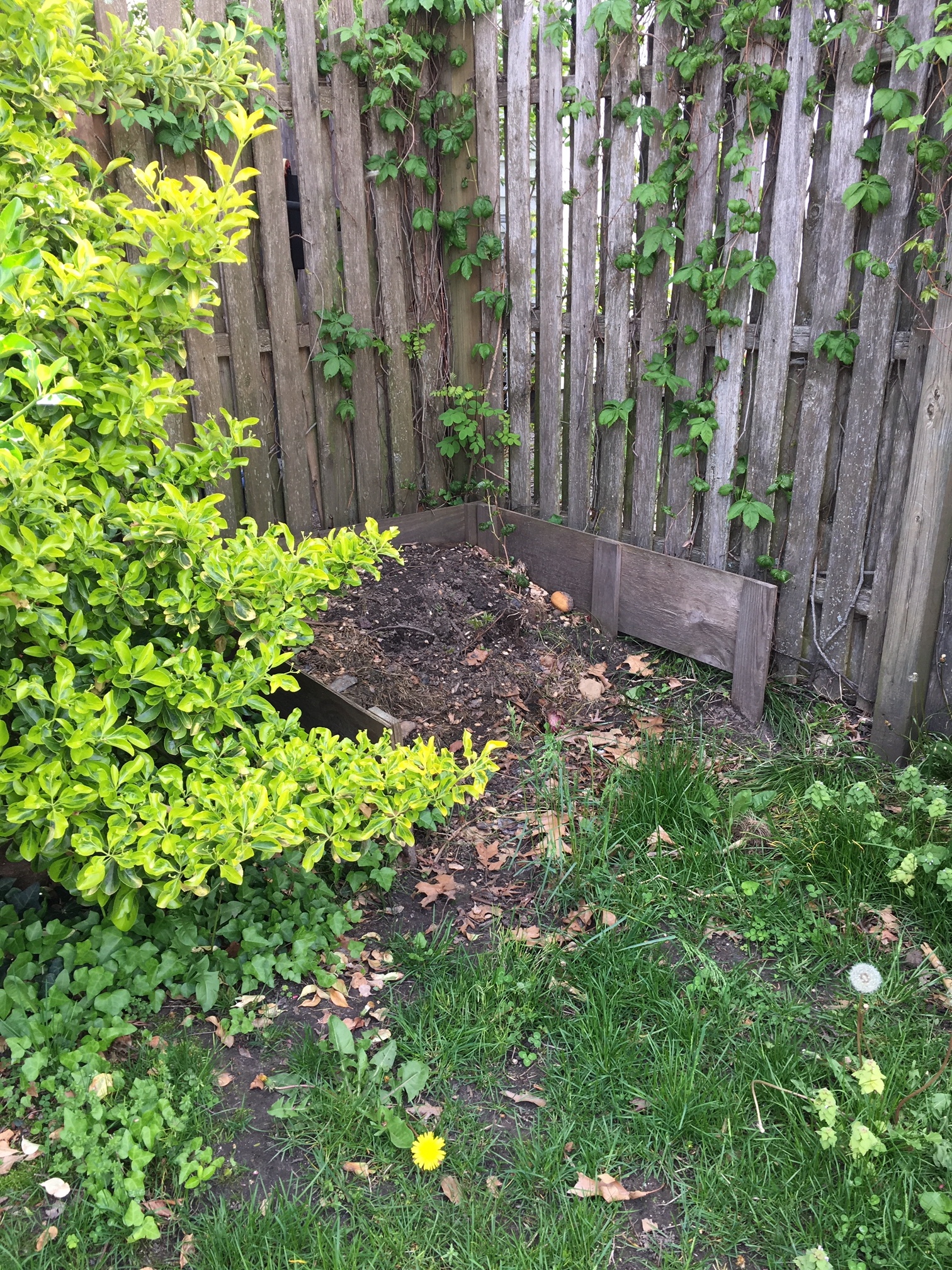Before working towards zero waste, I didn’t know that people were scared of composting. I grew up composting and never thought much of it. Once I started learning about zero waste, I realized that food waste is a huge problem but that most people don’t know much about composting and how that can help.
Many of us don’t think anything of tossing old food in the garbage. If it goes to landfill, whats the harm? Most people don’t think about what happens to our trash after it gets taken away off the curb. Once you start to think about zero waste, you realize that nothing that gets thrown our actually goes away. Doesn’t food just decompose? Landfills don’t allow anything within them to decompose or biodegrade in a healthy way. Bc modern landfills are so packed, food waste doesn’t decompose in the natural way, instead turning to methane gas which can be harmful to the environment.
An easy way to reduce our overall waste is to think abut our food waste. Once we start to examine what food we are throwing away we can start to reduce. This might mean that we buy less, buy unpackaged items, cook only what we need, change the way we eat, grow our own food, shop locally, or seasonally.
A good first step to looking at and reducing food waste is to compost instead of throwing away our unused or rotten food. So what is composting? Composting food is essentially letting food waste rot in a natural way and turn back into dirt. This dirt, or soil, can the be used in food gardens, plant gardens, indoor plants, community plots and gardens, etc…
To make compost, one simply had to find a place to put the rotting food until it turns into dirt. You can buy some fancy containers, or you can dig a hole in the back yard. If you live in a city or apartment, there’s usually a farmers market, or city initiative to take your food waste and make it into compost. Try seeking out community gardens in your area. If you do have a patch of land there are also a lot of resources to learn about composting.
My own compost is just a pile in the back yard. I throw all food waste in there excluding meat (not that we have much of that), dairy, and a few other non palatable food scraps.
January - Trash Audit
We separated and looked our trash to see what we are throwing away and what we can reduce.
February - Declutter Everything
We went thru what we have to declutter and reduce.
March - Switch to Paper
This month we moved to paper to get one step closer to reusables.
April - Compost
May - Meatless Monday
June - No Bottled Water
We’re still catching up on our 6 months of zero waste, leading up to Plastic Free July. The idea is simple, take a step every month to reduce our waste and disposable plastic consumption. You can follow along or choose your own steps, but remember to start where you are and do what you can. Even little steps are better than none.

